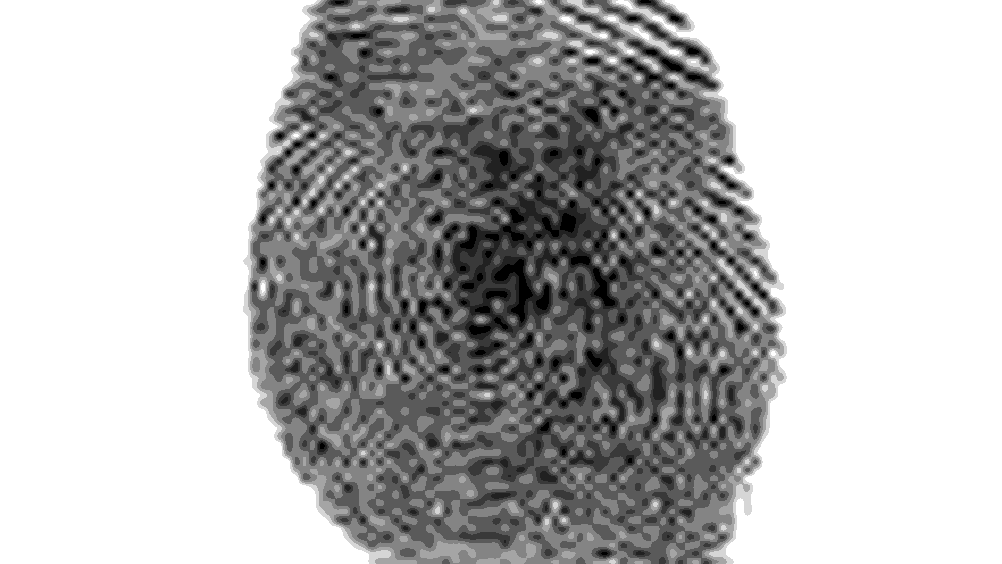Nanofibre fabrication
Penn State University chemical engineers are utilising fingerprints to create a new method for making nanofibres.

Fingerprints are usually used to identify people but, this time, they gave
chemical engineers the crucial clue needed to discover an easy, versatile new method for making nanofibres that have potential uses in advanced filtration as well as wound care, drug delivery, bioassays and other medical applications.
The new technique is based on the way forensic scientists develop fingerprints from a crime scene and is easier and more versatile than either of the current methods, templates or electrospinning, used commercially to make nanofibres.
The first nanofibres generated by the technique are made from the basic ingredient of Super Glue , cyanoacrylate, which is a biologically-compatible material already used in liquid sutures, spheres for drug delivery and in experimental cancer treatment. However, the researchers say that other materials, like cyanoacrylate, that form solid polymers when nudged by a catalyst could potentially also be used in the process.
Dr. Henry C. Foley, professor of chemical engineering who directed the project, says, "The new technique is so versatile that it allows us not only to make nano-scale fibers but also nano-sized flat sheets, spheres and even wrinkled sheets that look tortellini-like."
Register now to continue reading
Thanks for visiting The Engineer. You’ve now reached your monthly limit of news stories. Register for free to unlock unlimited access to all of our news coverage, as well as premium content including opinion, in-depth features and special reports.
Benefits of registering
-
In-depth insights and coverage of key emerging trends
-
Unrestricted access to special reports throughout the year
-
Daily technology news delivered straight to your inbox










BEAS funding available to help businesses cut energy costs
And not a moment too soon, if the following exchange broadcast last Friday 13th June, on the Radio 4 ´Rare Earth´ program (link below, ~ 17 minutes...